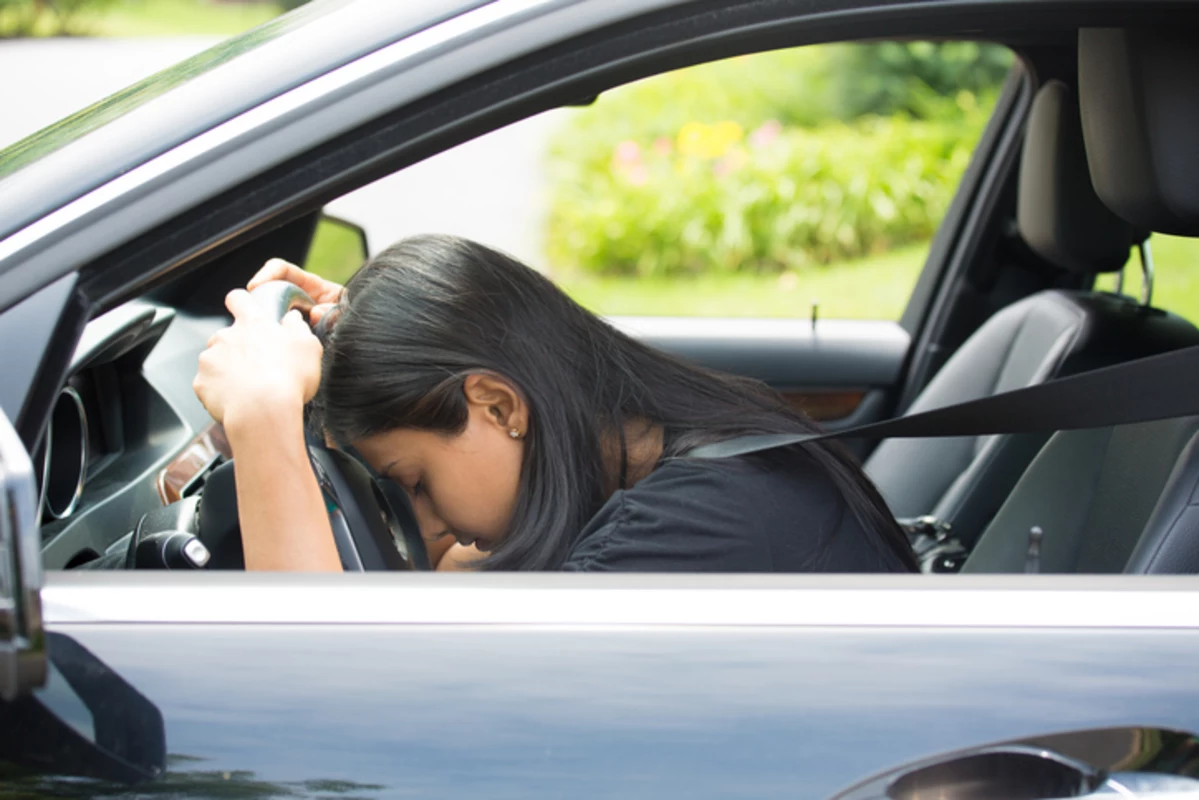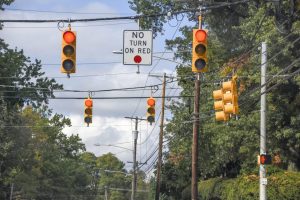Nevada, the “Silver State,” is a land of dazzling lights, relentless deserts, and wide-open spaces. From the bustling casinos of Las Vegas to the awe-inspiring beauty of Death Valley National Park, Nevada attracts millions of visitors each year. Whether you’re on a road trip adventure or a weekend getaway, there’s a good chance you might find yourself needing a place to rest your head.
Hotels and motels are readily available in major cities like Las Vegas and Reno, but what if your travels take you off the beaten path, or your budget doesn’t allow for traditional accommodations? Many travelers find themselves considering car sleeping as an alternative. But is it legal to catch some Zzz’s in your car in Nevada?
This comprehensive guide will delve into the legalities of car sleeping in Nevada. We’ll explore the relevant laws, address common concerns, and offer tips for a safe and comfortable car sleep experience.
What is Car Sleeping?
Car sleeping, also known as car camping or van dwelling, refers to using your vehicle as temporary sleeping quarters. This can involve simply reclining the seats in a sedan or setting up a more elaborate sleeping arrangement in a van or SUV.
The Law on Car Sleeping in Nevada
There’s no specific law in Nevada that prohibits car sleeping outright. However, there are a few key points to consider:
- Public vs. Private Property: On public land, like rest stops or BLM (Bureau of Land Management) camping areas, car sleeping is generally permitted, as long as you adhere to any posted regulations.
- Impaired Driving: In Nevada, as in most states, it’s illegal to operate a motor vehicle while under the influence of alcohol or drugs (DUI). This includes being in “actual physical control” of the vehicle, even if you’re not driving. If you’ve been drinking and fall asleep in your car with the keys readily available, you could face a DUI charge.
- Open Container Laws: Nevada has open container laws which restrict consuming alcohol or having open containers of alcohol in your vehicle on public roads. Be mindful of these laws if you plan to have a drink before car sleeping.
- Local Ordinances: Many cities and counties in Nevada have their own ordinances regarding car sleeping. It’s always best to check with local authorities to understand any specific regulations in the area you plan to stay. For example, some cities may have ordinances restricting overnight parking on residential streets.
Here’s a breakdown of some common scenarios and their legal implications:
- Sleeping in a parking lot overnight: This might be tolerated in some private parking lots, but it’s always best to get permission from the owner or manager. Be aware of “no overnight parking” signs.
- Sleeping at a rest stop: Most rest stops in Nevada allow car sleeping for a limited time, usually around 8 hours. Check for any posted signs with specific regulations.
- Sleeping on BLM land: Many areas of public land managed by the Bureau of Land Management (BLM) allow dispersed camping, which includes car sleeping. Always check for posted regulations and obtain any necessary permits.
Safety Tips for Car Sleeping in Nevada
Even though sleeping in your car might be legal in certain situations, safety should always be a top priority. Here are some tips to ensure a safe and comfortable car sleep experience:
- Choose your location wisely: Look for well-lit and well-traveled areas, especially if you’re alone. Avoid secluded areas or areas with a history of crime.
- Park strategically: Position your car in a way that makes it difficult for someone to break in. Avoid parking next to large hedges or vans that could easily block visibility.
- Secure your belongings: Don’t leave valuables in plain sight. Lock everything you don’t need inside the trunk or a secure compartment.
- Be aware of your surroundings: Stay alert and listen for any unusual noises. Consider investing in a personal safety alarm for added peace of mind.
- Maintain good ventilation: Crack a window slightly to prevent condensation buildup and allow for fresh air circulation.
- Dress comfortably: Layer your clothes so you can adjust to changing temperatures throughout the night.
- Bring essentials: Pack a pillow, blanket, eye mask, and earplugs for a more comfortable sleep. Consider a portable power bank to charge your devices if needed.
Alternatives to Car Sleeping in Nevada
While car sleeping can be a budget-friendly option, it might not be ideal for everyone. Here are some alternative accommodation options to consider in Nevada:
- Camping: Nevada boasts a diverse landscape with numerous campgrounds in state and national parks, offering a more traditional outdoor experience at a relatively affordable cost.
- Hostels: Hostels are a popular choice for budget-conscious travelers. They offer dorm-style rooms with bunk beds at a significantly lower price than hotels. Common areas and kitchens usually allow you to connect with fellow travelers and socialize.
- Couchsurfing: This online platform connects travelers with locals who are willing to offer a free place to stay. Always prioritize safety when utilizing such platforms, and thoroughly research your host beforehand.
- Motels: While not as luxurious as hotels, motels offer basic amenities like a bed, shower, and sometimes WiFi at a reasonable price. Many motels along highways cater specifically to road trippers.
- Casinos: Some casinos in Las Vegas offer free parking for guests, which can be a decent option for car sleepers willing to deal with the bright lights and constant activity. Be sure to check with the casino beforehand and adhere to their specific parking policies.
Planning for a Car Sleep Trip in Nevada
If you decide that car sleeping is the best option for your Nevada adventure, a little planning goes a long way:
- Research: Identify areas with rest stops, BLM land dispersed camping zones, or designated car-camping spots. Research local ordinances to avoid any legal trouble.
- Invest in essentials: Consider getting a comfortable sleeping pad, blackout curtains for privacy, and a portable fan for ventilation.
- Pack smart: Bring along a cooler to store food and drinks, snacks, and a water bottle for hydration. Don’t forget a first-aid kit and any necessary medications.
- Be prepared for the elements: Nevada experiences dramatic temperature swings. Pack layers of clothing for both hot and cold weather. Consider sun protection and insect repellent if needed.
- Leave no trace: If you’re car sleeping on public land, practice Leave No Trace principles to preserve the environment. Pack out all your trash and avoid disturbing the natural surroundings.
Conclusion
While car sleeping in Nevada presents a budget-friendly option for travelers, it’s crucial to understand the legal landscape and prioritize safety. Always choose well-lit locations, secure your belongings, and be aware of your surroundings.
Remember, Nevada offers a diverse range of accommodation options beyond your car. Explore campgrounds, hostels, budget motels, or even consider platforms like Couchsurfing.
The most important aspect is to make informed decisions based on your budget, comfort level, and desired level of adventure. With a little planning and preparation, you can experience all that Nevada has to offer without breaking the bank or compromising your safety.



